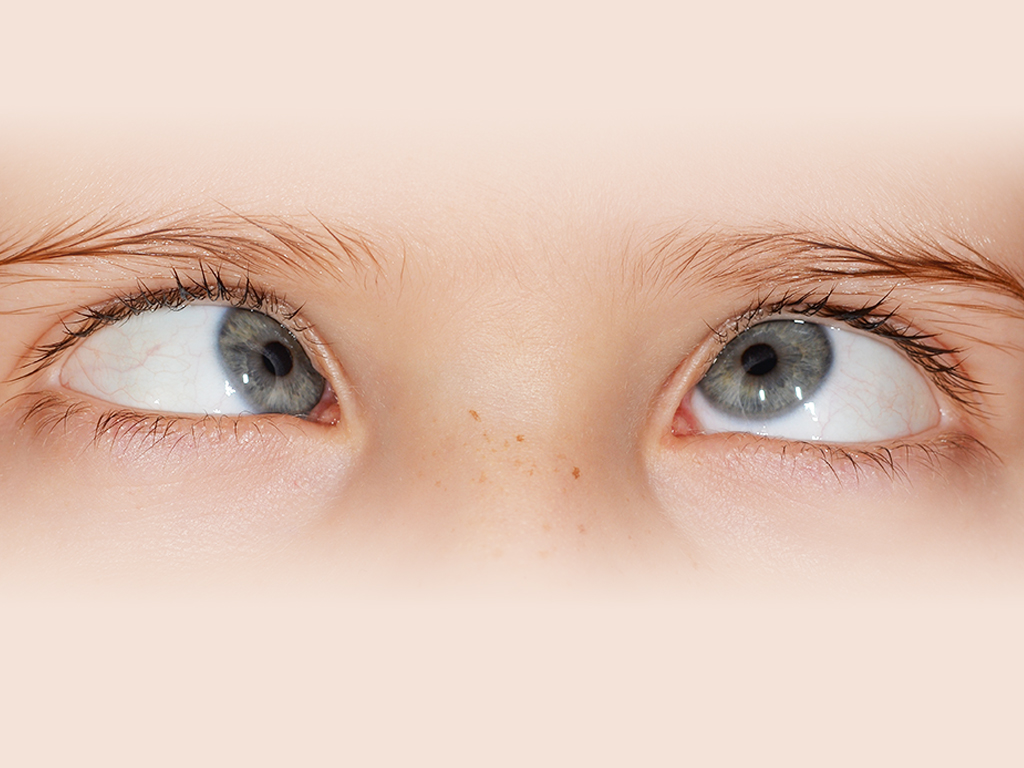Squint eyes, medically known as strabismus, can have various underlying causes. Here are some common factors that can lead to squint eyes:
1. Eye Muscle Imbalance: The most common cause of squint eyes is an imbalance in the muscles that control eye movement. If the muscles do not work together properly, the eyes might be misaligned.
2. Nerve and Brain Issues: Problems with the nerves that control the eye muscles or issues with the brain’s ability to process visual information can lead to squint eyes.
3. Genetics: There is often a genetic predisposition for squint eyes. If a close family member has had strabismus, there’s a higher likelihood of developing it.
4. Refractive Errors: Uncorrected refractive errors like nearsightedness, farsightedness, or astigmatism can cause the eyes to squint to compensate for the visual blur.
5. Amblyopia (Lazy Eye): Amblyopia, a condition where one eye has reduced vision, can lead to squinting as the brain attempts to suppress the image from the weaker eye.
6. Childhood Eye Disorders: Certain eye conditions that affect visual development during childhood, such as congenital cataracts or retinopathy of prematurity, can contribute to squint eyes.
7. Medical Conditions: Some medical conditions, such as Down syndrome, cerebral palsy, or brain tumors, can increase the risk of developing squint eyes.
8. Trauma or Injury: Eye injuries or trauma can damage the muscles or nerves responsible for eye movement, leading to squint eyes.
9. Eye Fatigue: Prolonged or intense near work (such as excessive screen time) without breaks can strain the eye muscles and contribute to squinting.
10. Systemic Illnesses: Certain systemic diseases like diabetes can affect the nerves and muscles involved in eye movement.
11. Environmental Factors: Visual stressors, poor lighting, or conditions that cause visual discomfort can lead to squinting.
It’s important to note that the exact cause of squint eyes can vary from person to person, and sometimes it’s a combination of factors. Early detection and intervention are essential to address the underlying cause and prevent potential complications of squint eyes.
If you or someone you know is experiencing squinting or misalignment of the eyes, it’s advisable to consult an eye care professional for a thorough examination and appropriate treatment.
For more eye-related queries, Consult Dr. Vaidya at one of the Squint Specialist in Mumbai and know more information visit in our hospital at Dr. Vaidya Eye Hospital.

